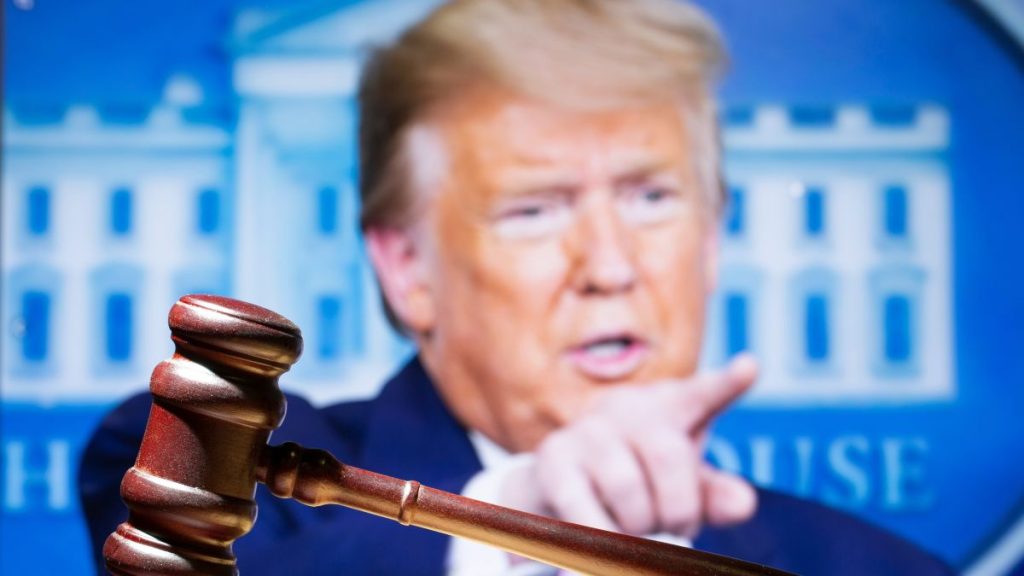Elon Musk reacted to Trump’s remarks on X with a restrained warning: “So tempting to escalate this. So, so tempting. But I will refrain for now.”
Others are reading now
It sounds like the plot of a political satire, but recent comments by President Donald Trump have raised real questions about the limits of presidential power.
Trump has suggested he may consider denaturalizing high-profile figures in the US.
Trump Hints at Deporting Musk and Arresting Mamdani
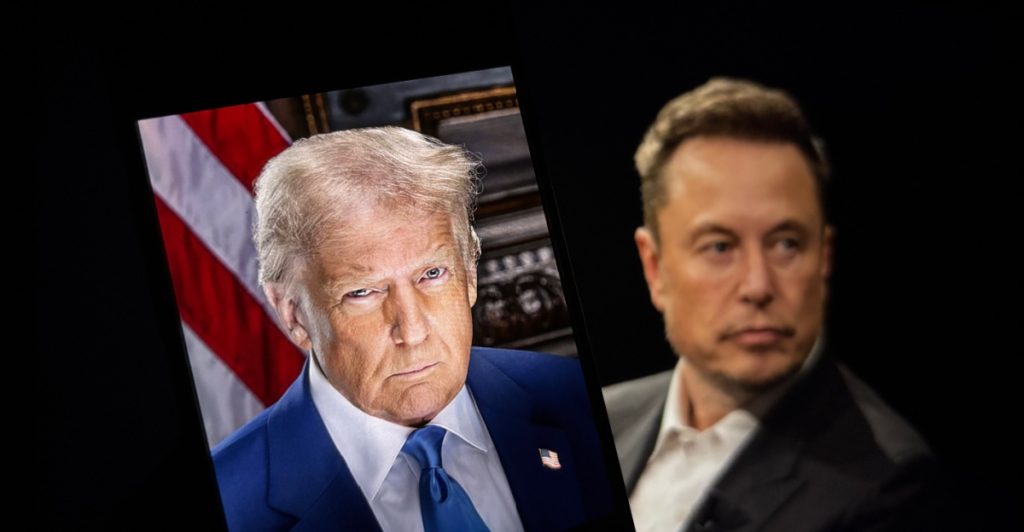
In recent press exchanges, Trump hinted at serious actions against Musk and Mamdani. Asked about deporting Musk, the president replied, “We’ll have to take a look.” When discussing Mamdani, he went further, stating: “We’ll have to arrest him… A lot of people are saying that he’s here illegally.”
Despite the inflammatory rhetoric, there is no public evidence questioning Mamdani’s legal status.
The O’Donnell Feud Escalates—Again
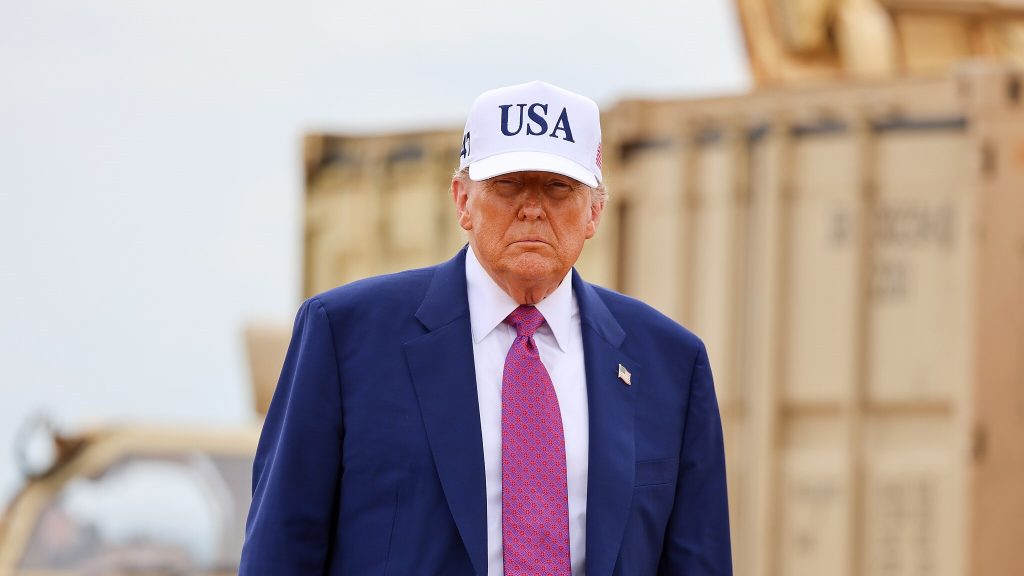
Rosie O’Donnell, long a vocal critic of Trump, found herself once again in his crosshairs. In a Truth Social post, Trump called her a “Threat to Humanity” and mused about revoking her citizenship, saying she’s “not in the best interests of our Great Country.” O’Donnell, who was born in New York, clapped back on Instagram with a jab comparing Trump to Game of Thrones’ King Joffrey.
Also read
The Legal Reality: Can Citizenship Be Revoked?

Stripping someone of their US citizenship isn’t as simple as a presidential tweet. For naturalized citizens, denaturalization can only occur if they lied or concealed key facts in their application. Even then, it requires a full trial in federal court and the government must prove its case with “clear and convincing evidence.”
Natural-Born Citizens Like O’Donnell Are Untouchable
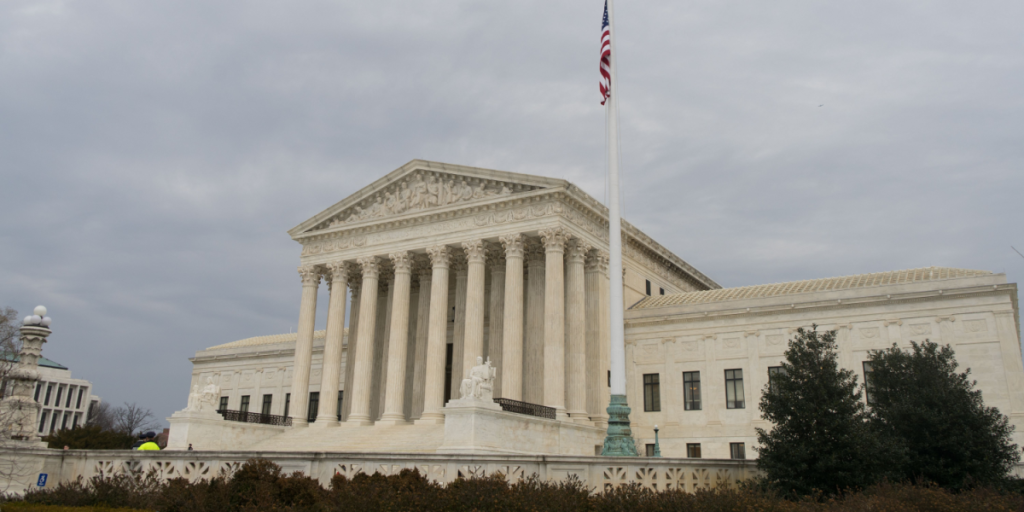
Despite Trump’s threats, O’Donnell’s US citizenship is ironclad. As a natural-born citizen, the only way she could lose her nationality is by renouncing it herself.
Legal experts stress that even if Congress passed a law allowing forced revocation, the Supreme Court would likely strike it down as unconstitutional.
What Musk and Mamdani Have Said in Response

Elon Musk reacted to Trump’s remarks on X with a restrained warning: “So tempting to escalate this. So, so tempting. But I will refrain for now.” Mamdani, who’s running for New York City mayor, struck a more defiant tone, saying Trump’s comments are “less about who I am” and more about “distracting from what I fight for.”
Denaturalization: Rare, but Not New

Historically, denaturalization has been used sparingly, typically against war criminals like former Nazis. Between 1990 and 2017, the US averaged just 11 denaturalization cases per year.
Also read
During Trump’s first term, the Justice Department ramped up efforts but filed only around 100 cases, far fewer than the 1,600 initially promised.
A Renewed Crackdown Under Trump’s Second Term
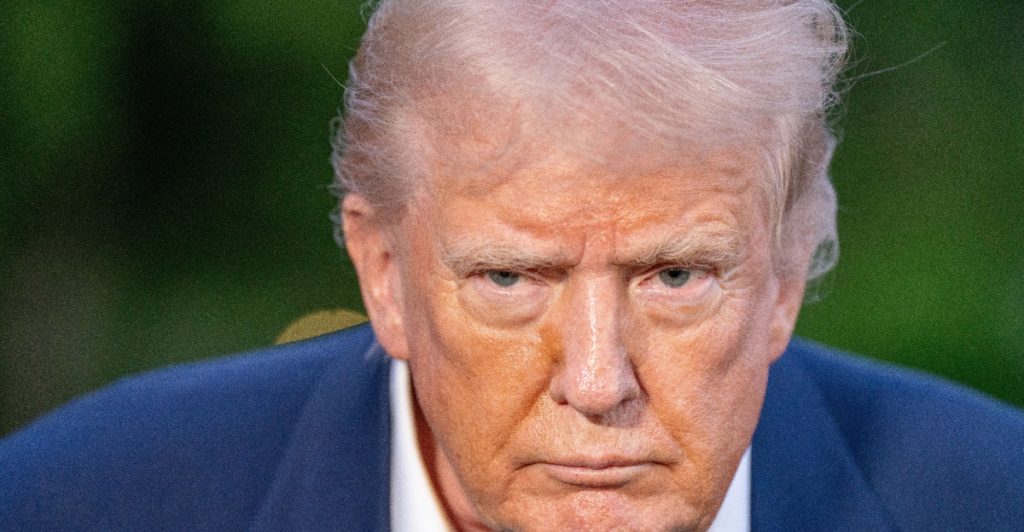
Since returning to office, the Trump administration has filed five denaturalization cases, with Justice Department officials promising “more to come.”
A new internal memo urges civil attorneys to prioritize denaturalization, especially for individuals posing a national security threat or involved in violent crimes and fraud.
Critics Fear a Politicized Use of Citizenship Law
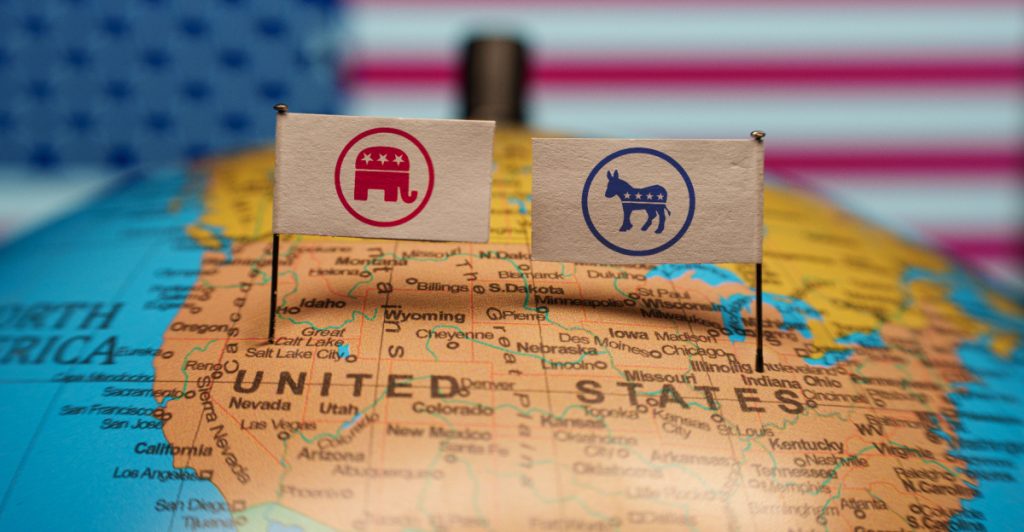
Legal scholars warn that targeting political opponents under the guise of denaturalization sets a dangerous precedent. “This is a totally different chapter,” says Muzaffar Chishti of the Migration Policy Institute. “Political animus has never raised its ugly head in our process, until now.”
A Chilling Effect on Political Speech?
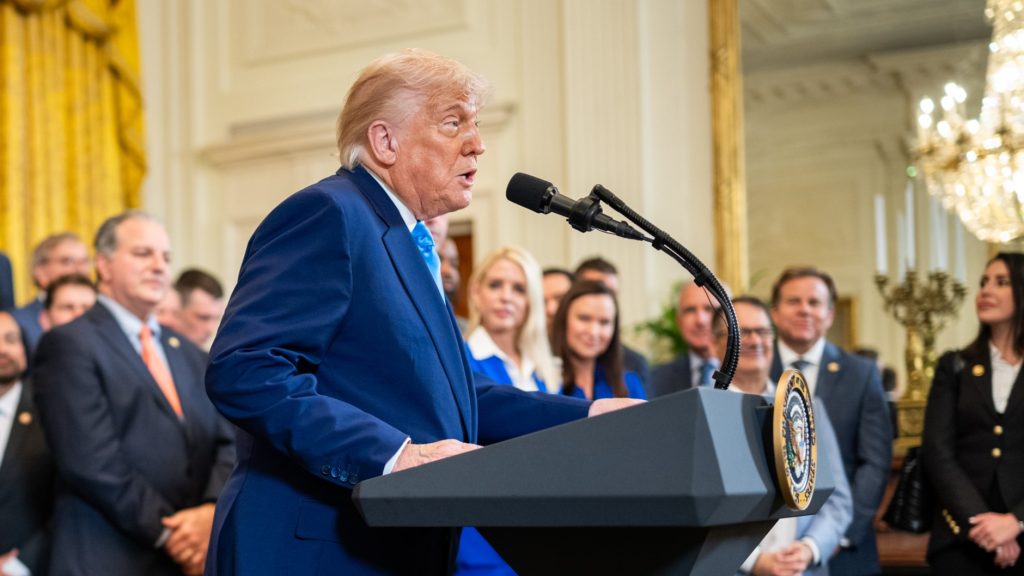
Experts fear the Trump administration’s stance could discourage naturalized citizens from speaking out. “Even the success of the case is not important,” Chishti warns. “It’s the fact that expressing your opinion could land you in a denaturalization proceeding. That’s very troubling.”
Also read
What Happens Next?
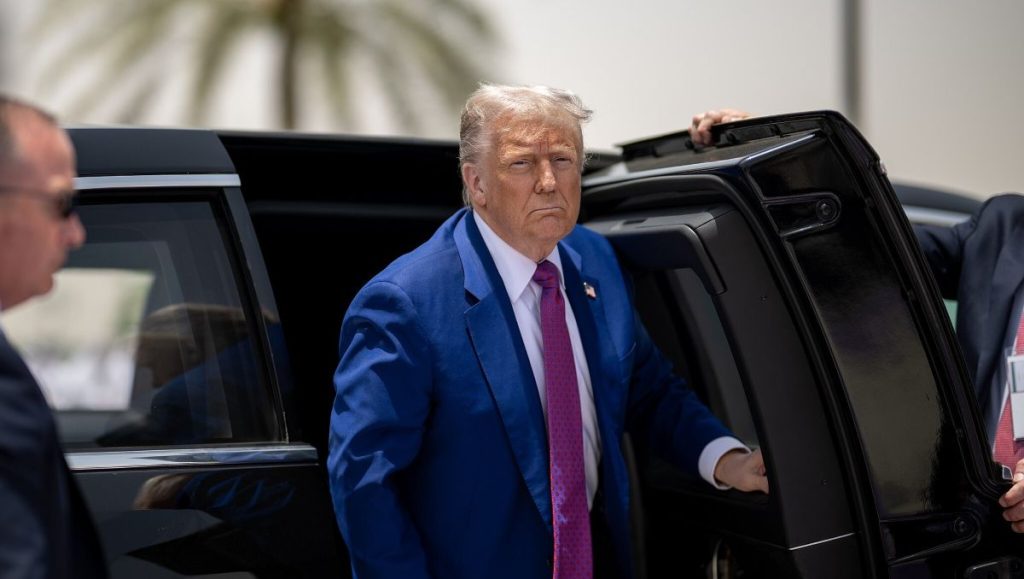
Despite the fiery rhetoric, it’s unclear if Trump’s administration will act on his threats against Musk, Mamdani, or O’Donnell. Immigration attorney Matthew Hoppock notes Trump’s comments are often off-the-cuff. “Trump’s words don’t always tell us what he’s going to do,” he says.
But the broader push to “turbocharge” denaturalization is clearly under way.

